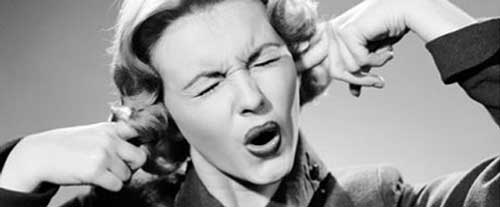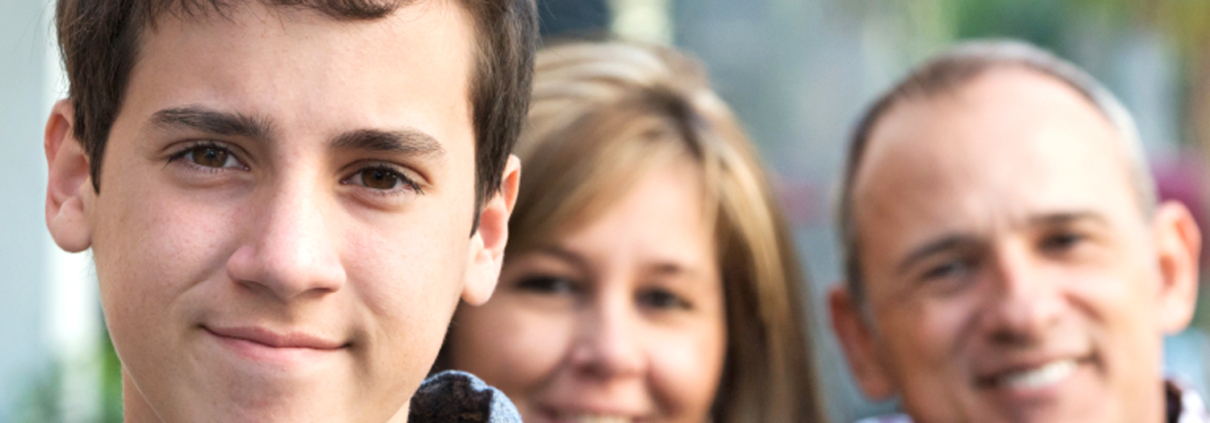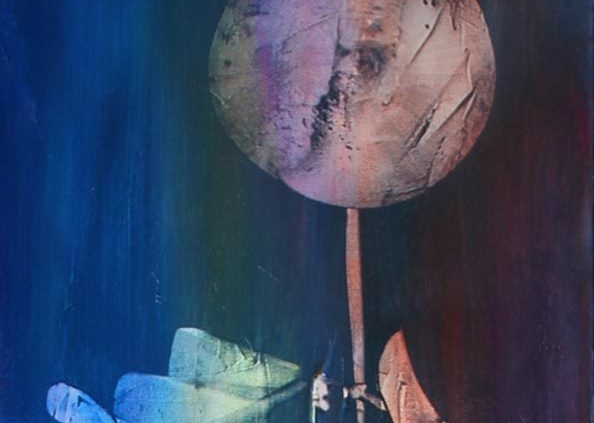Part of an ongoing series about resilience
Listening seems to be a skill few ever really master. Psychologists spend years learning how to listen. Spiritual seekers can spend decades in silence listening for messages internal and external. Yet, the skill of listening is critically important to how we improve the quality of our lives.
The weekly Torah reading, Vaera, starts off with God telling Moses, I’m the God that appeared (vaera) to your ancestors, Abraham, Isaac, and Jacob. The God that appeared then has been forgotten to those enslaved in Egypt. How best for God to make a lasting mark in the enduring consciousness of the Jewish people? God has to teach us all how to listen.
God continues God’s colloquy. God has heard the cries of the enslaved Israelite people. Hearing becomes listening as God responds by compelling Moses to confront Pharaoh. And by the way, God tells Moses, don’t expect much from Pharaoh because he won’t really be listening. Plague after plague will occur to get Pharaoh’s attention. He will hear but he won’t listen.
Moses goes to the people to announce the good news that redemption is at hand! But the people are so degraded and enfeebled, they hear the words but they reject because they are not able to believe in change. Eventually, with the presentation of plagues as a demonstration of God’s power, seeing becomes believing and hearing becomes listening.
Listening involves much more than the auditory canal. Listening is even more than comprehension. Listening is connecting the information received with the spark within each of us that compels us to act.
If we listen deeply to one who is suffering, we respond with empathy. If we really listen to one who would help us, we respond with hope. Listening may be key to resilience.
The upside of listening is that we form connections with other people that send caring and assistance in a loop. If you are plugged in, and you switch on the light, you will benefit. If we can really listen to the people in our lives, with comprehension and empathy, then we energize the God-field of relationships.
Start your listening training with this advice. When someone is speaking and you feel yourself rebuffing or tuning out, try instead to understand the underlying emotions behind their words. Perhaps they insecure, or confused or in pain. Find the person behind the words. This is a demonstration of active listening that will allow you to reengage in the conversation, and even learn something about yourself, because we often listen through the sound system of our own psyche.
If you notice a further resistance within you to my urging deep listening, it might be your sense of self-protection. If you give too much of yourself, would you have less energy for your own needs? Be assured, listening isn’t an absolute status. Be skilled in your listening to engage and disengage as appropriate. But remember, that listening may bring redemption, and it only takes one person, one Moses, to be the leader to change the world.
Rabbi Evan Krame













 Evan J. Krame was ordained as a rabbi by the
Evan J. Krame was ordained as a rabbi by the